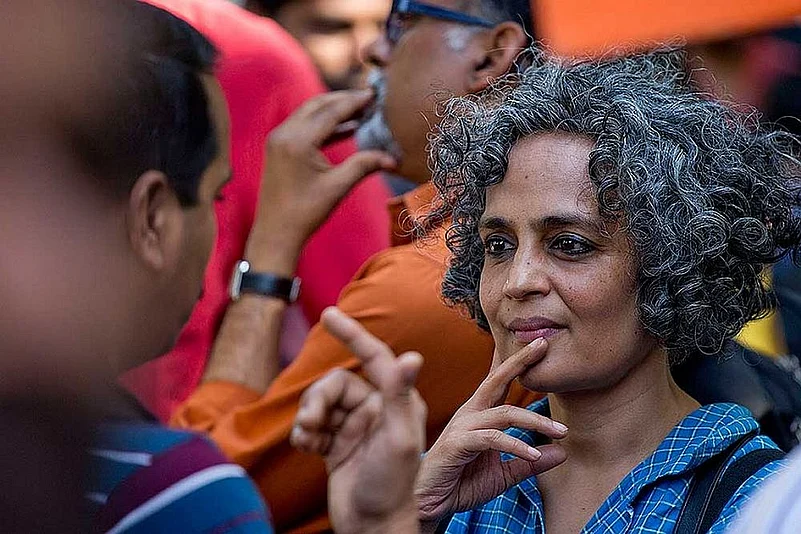Who would have thought Paul Auster, America’s most celebrated and bestselling post-modern novelists, author of such beguiling works as New York Trilogy, The Book of Illusions, Leviathan, Invisible and Travels in The Scriptorium, at 70, will be in the Booker longlist?
Though the Man Booker Prize was opened to writers across the Atlantic three years ago, and Paul Beatty became the first winner from that country last year for his brilliant dark comedy, The Sellout, Paul Auster’s bid to take the prize home with his 4,3,2,1 makes it truly mainstream American.
As in the books of other great PoMo writers like Nabokov, Muriel Spark, Martin Amis or David Foster Wallace, Auster’s novels are odd, inscrutable and elusive—most of them have a writer as the main character, almost always with a block.
Advertisement
In many there is also a character called Paul Auster, sending the reader into a tizzy as to whether what he is reading is really happening to the character in the book and or is it fiction within fiction. In most books, there are doppelgangers (like in Vladimir Nabokov’s brilliant novel Despair), there is always someone mourning the death of a loved one, there are brutal (and sometimes absurd) disasters, there is blood and there is sex, often violent and joyless.
Paul Auster then is the first true-blue American author to come to the Booker party dominated so far by British and Asian writing, with supporting roles from Australia, New Zealand and Canada. There are three of his other fellow-countrymen in the list. Colson Whitehead for his The Underground Railroad, the searing story of black people escaping as slaves from the oppressive South to the North in the early 20th century, which has already won a bunch of awards including the Pulitzer, and George Saunders for his solemn and haunting book Lincoln in the Bardo, about Abraham Lincoln grieving his dead son. The other American in their company is a first time novelist, Emily Fridlund, for her coming-of-age book History of Wolves.
Advertisement
The arresting Arundhati Roy of course grabbed all the headlines for her The Ministry of Utmost Happiness making it to the longlist, her second book in a row to do so. But this one wasn’t universally loved and lauded as much as her debut The God of Small Things, coming in for some sharp lashing from publications as venerated as The Economist.
A few other books of Indian authors which generated a lot of buzz internationally, like Karan Mahajan’s The Association of Small Bombs, about how a bomb blast alters the lives of two families in Delhi, Hari Kunzru’s White Tears, two unlikely guys, one a wolf of Wall Street and another a vagabond, united by their love of music and Meena Kandasamy’s When I Hit You, a brutal account of her abusive marriage, didn’t make the cut. I am not sure if these books were eligible for this year’s prize or not, as the Booker committee doesn’t reveal all the 144 books which were submitted for the prize.
But Roy’s book sits pretty with the other Booker longlist regulars, the Smiths—Zadie and Ali. Zadies Smith’s Swing Time is about two young dancers and their tumultuous relationship while Ali Smith’s Autumn is her response to Brexit. Pakistan origin authors are strongly represented in this year’s long list—Kamila Shamsie is there with her Home Fire, a modern-day Antigone and Mohsin Hamid with Exit West, a smart take on refugees. The other celebrated Pakistan writer Nadeem Aslam’s The Golden Legend doesn’t figure in the list. The other standout book in the list is Reservoir 13, the disturbing study of how a village reacts when a 13-year-old girl goes missing on holiday. So, the Booker’s dozen is a varied mix of themes—from race relations to the refugee issue, from tortured friendships to moral dilemmas. The next stage is the shortlist—which out of these 13 will make it to the final six—and finally the winner to be announced in October.




















